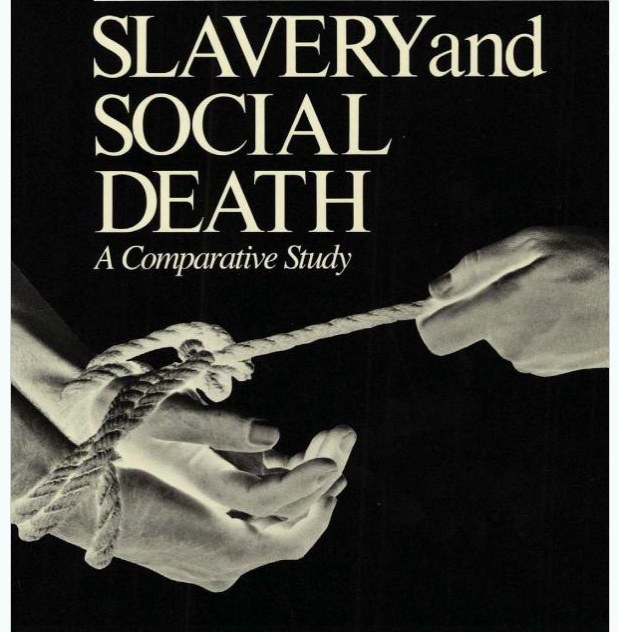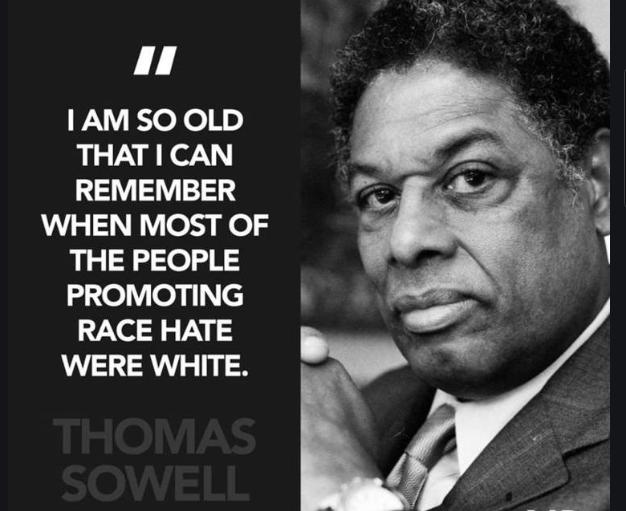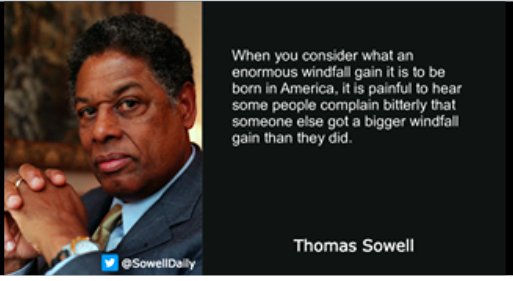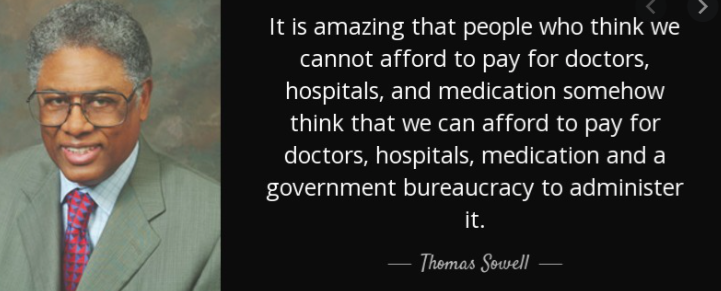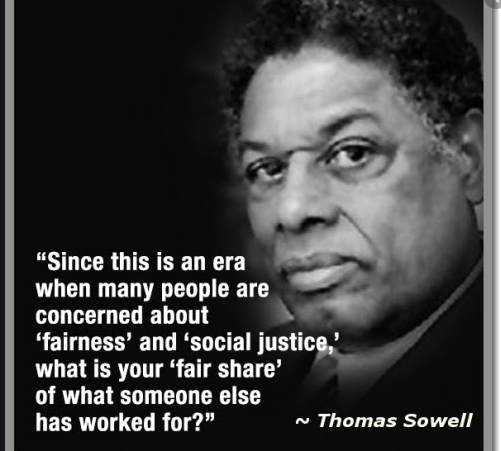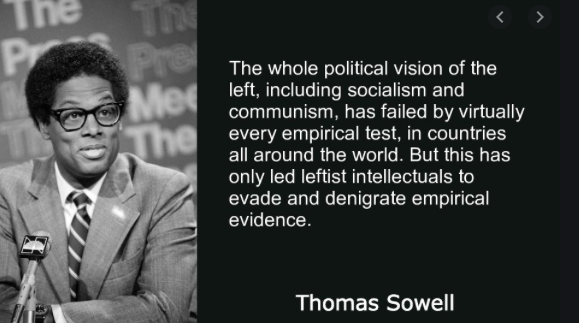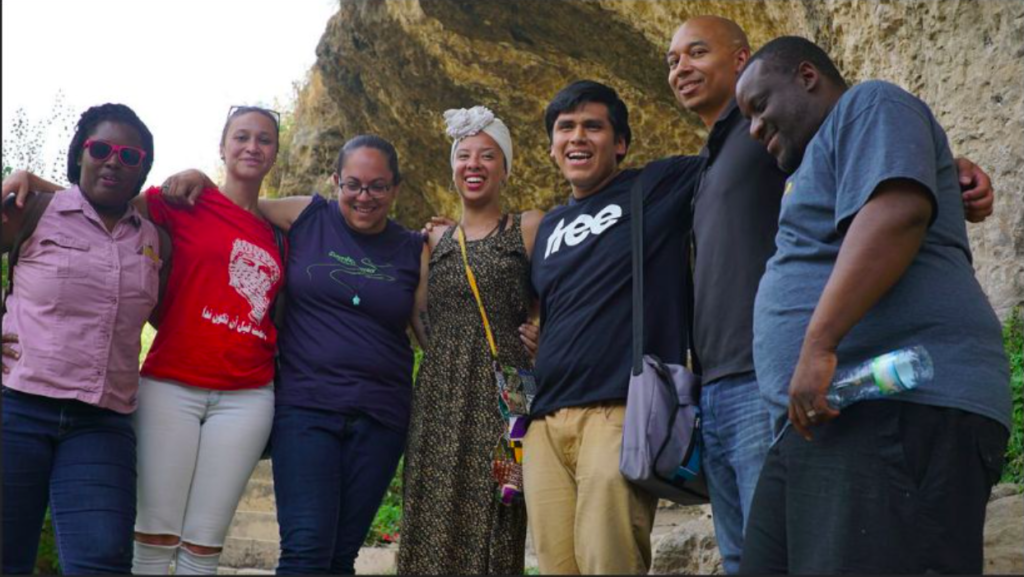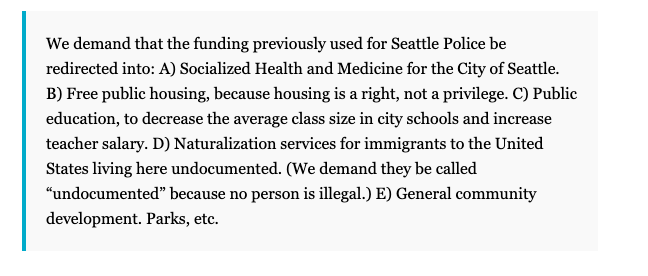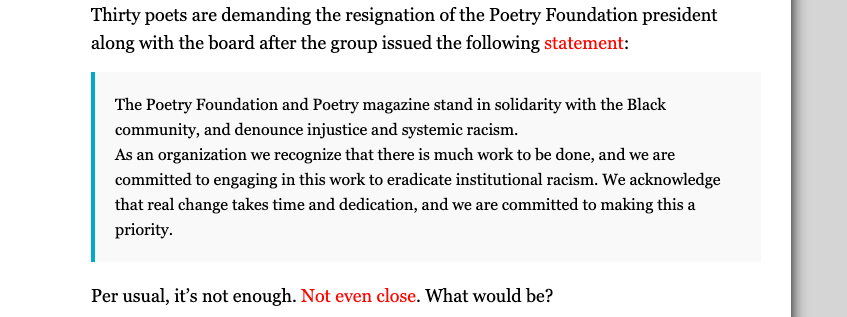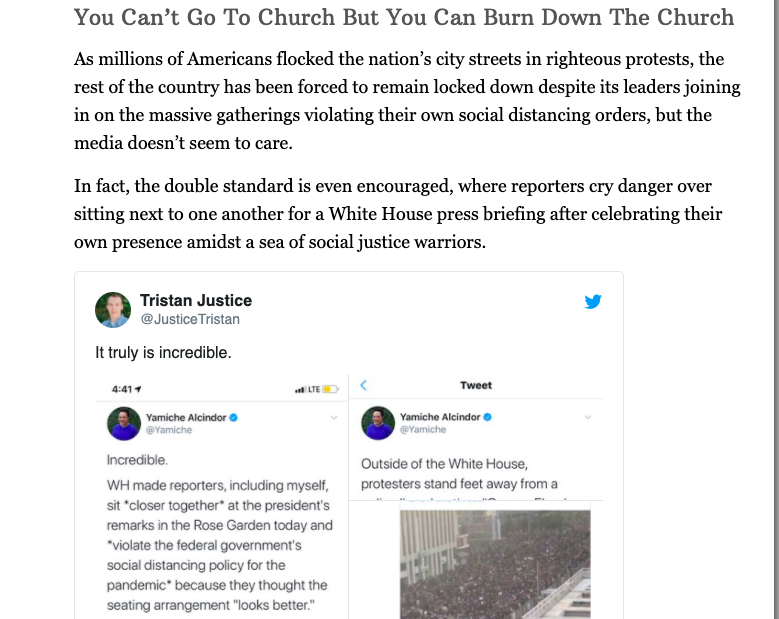The heartbreaking truth about human enslavement is that it’s existed across all races and all major cultures, and it has existed since the dawn of humankind: Egyptian, Roman, Greek, Jewish, African, Asian, European, Mayan, Aztec, and countless others.
As long as there have been human beings, there have also been purveyors of force enslaving their fellow human beings. And please make no mistake: slavery is purely a product of force and violence.
In the words of an erudite Carribean scholar named Orlando Patterson, who happens to be black and yet who has none of the present-day pusillanimous illusions about slavery’s widespread history:
“Slavery is preeminently a relationship of power and dominion originating in and sustained by violence.”
The unspeakably barbaric practice of slavery is not, I do repeat and emphasize and will continue to repeat and emphasize, confined to a particular race, racial type, tribe, group, or biochemical pedigree. No major culture is exempt. The abomination of slavery is an immoral practice of which all races, at one time or another, are guilty, and slavery predates every single one of the world’s major religions, including Buddhism, Judaism, Christianity, and Islam.
All this is a matter of basic historical fact.
Not only has slavery existed on every inhabited continent of planet earth, but it was, for thousands and thousands of years, up until only recently, thoroughly commonplace. Please note also that in what is now termed the United States of America, slavery existed “long before Christopher Columbus’s ships appeared on the horizon,” and “slavery and slave-trading prevailed among African peoples since prehistoric times” (Dr. Thomas Sowell, Discrimination and Disparities).
The word “slave” itself is a deriviative of the word “Slav” – as in Slavic people – and do you know why?
Because the Slavic people were enslaved on such a gigantic scale for so long – both by their fellow Europeans and also by the Ottomans – so gigantic a scale that the word “Slav” soon become synonymous with “slave.” In the late 18th century, Adam Smith accurately chronicled and condemned these very acts of slavery, which still existed in Adam Smith’s lifetime: specifically, in Poland, Hungary, and Russia.
Our current atrocity exhibition which is better known as postmodern multicultural revisionist history isn’t quite foolish enough to deny that slavery existed in Africa — where, I say again, it is also ancient, as it is ancient among every race and pedigree — though this same current postmodern multicultural revisionist atrocity exhibition would now have you believe that slavery in Africa was a less brutal form of force and subjugation: a less repugnant slavery, as it were, a more benign enactment and manifestation of this abhorrence.
This postmodern revisionism is absolute nonsense, utterly false.
“The paternalistic arrangments were at one of a spectrum which included brutal subjugation and even using slaves as human sacrifices” wrote Thomas Sowell. “Africans were for millennia used as plantation slaves in Egypt, Sudan, Zanzibar, and many other countries, and the number of people enslaved within Africa itself exceeded the numbers exported” (Ibid).
Powerful tribes, moreover, like the Bantu and the Yao, routinely enslaved members of weaker tribes, and the Ashanti and the Fanti tribes later became inland suppliers for the European slave-traders who, for fear of violence as well as disease, were loath to enter Africa’s interior.
Here, too, is something else you will under no circumstances be taught or told concerning the monstrous injustice and immoral institution of slavery:
Precisely because slavery in Africa was indigenous and entrenched, the African slaveholders found it very simple indeed to cooperate with Islamic slave-traders and European slave-traders. Why, specifically? Because, in essence, these tribal African chiefs were relocating their fellow African human beings, whom they’d already enslaved. So entrenched had this practice become on the continent of Africa that when Western societies like Great Britain and the United States began, at last, legally abolishing slavery “tribal leaders in Gambia, Congo, Dahomey, and other African nations, which had prospered under the slave trade, sent delegations to London and Paris to vigorously protest the abolition of slavery” (Orlando Patterson, Slavery and Social Death).
Furthermore, in the late 18th century, when, in Sierra Leone, certain British attempted the establishment of a safe African haven for freed slaves, these same British were frequently defeated by hostile indigenous African tribes who attacked, slaughtered, and enslaved the British settlers.
In Liberia, as well, later attempts by Americans for this same sort of safe haven resulted in similar violence.
Slavery, never forget (and please never underestimate the significance of this), originates in and is sustained by the initiation of force and violence.
Which is precisely why in order for slavery to exist and persist on any sort of widespread scale, legal sanction is required.
I urge all readers to process that — and so I’ll say it again:
Slavery requires legal sanction in order to exist.
The inexpressible injustice of slavery – which is the most blatant and sustained form of individual-rights violation imaginable – cannot survive its legal repeal.
It is precisely for this reason an absolutely incredible phenomena that the overwhelming statist element of slavery is almost never explicitly named or identified.
Why is it almost never named or identified?
Even more baffling: why is the one and only true and fullproof inoculation against slavery – historically and also philosophically – why is it completely ignored, even into the present-day, while at the same time racism and authoritarian brutality are at the forefront of present-day society?
The one and only true and foolproof inoculation I speak of is a principle called individual rights, which entails a limited government that protects against the initiation of force – legally banning its instigation – and whose moral-philosophical base is rooted in the recognition of each and every individual’s right to her own life and property, and only that.
If you truly want, as I do, and as I have fought for all my adult life – losing many people in the process whom I thought were friends – if, I repeat, you truly want to rid the world of all slavery and racism and discrimination, there is only one way: the full recognition of and the total and legal implementation of individual rights – in every arena of human life, economic and political.
So I ask again: why is this principle, which is the only solution to all forms of slavery, racism, and discrimination, completely ignored?
Why in colleges and schools across the entire world is there universal condemnation of the 250 years of American slavery – which, like all slavery throughout all human history, should indeed be absolutely condemned and never forgotten – and yet no significant mention of the fact that the abolitionist movement which eventually won out was grounded in the Western Enlightenment of the 18th century, and that Great Britain and then America were the first to formally, legally abolish this monstrous injustice, America even going to war over it – a war in which hundreds and hundreds of thousands of Americans (all races, all colors, all sexes) died?
Why no discussion of these facts?
Why no discussion, either, of the irrefutable fact that only in the Europe and North America of that era did advanced thinkers – all sexes, all racial pedigrees – begin to at last assail, philosophically, decisively, once and for all, the horrors and injustices underpinning the entire theory of slavery?
Why no talk of the fact that only in the Europe and North America of that era was there an express intellectual intention of expunging the horrific theory that undergirded the legal sanction of human bondage, which sanction and which theory had, up until the Western Enlightenment, existed for all human history, across all inhabited continents, among all racial groups?
Why no credit given to the fact that this express intellectual intention of pure determination and philosophical power is what ultimately won out and succeeded?
Why? I ask again.
Why?
Montesquieu, in his brilliant The Spirit of Laws, was among the very first to voice uncompromising, articulate, and thorough opposition to the practice of human bondage – arguing, as he did, that slavery is “evil by its very nature … as corrupting for the master quite as much as for the slave.”
Of Montesquieu, the even more articulate and brilliant Voltaire said this:
“If anyone has ever battled to restore liberty, the right of nature, to slaves of all kinds, surely it was Montesquieu. He pitted reason and humanity against all kinds of slavery.”
Reason is the faculty for the integration of knowledge, which all individual human beings possess.
Wrote Spinoza.
This faculty, which all indivdual human beings indeed possess, is precisely the thing that today’s so-called racial theorists want you to reject.
They are emphatic that you reject it, in fact, because their entire theory crumbles into dust if individuality and the corollary faculty of reason exists – apart from race, sex, sexual-orientation, gender, biochemical pedigree – which it does.
This is precisely why you are now told that individuality is largely a myth, that humans have no significant idenity apart from the race, tribe, sex, gender, or group which begot them – that racism is something of which only white people are capable – and that to protest this undeniable fact is merely a sign of your “fragility” precisely because you are white and thus fragile perforce.
Do you know what this sort of obvious fallacy is called? It’s called a Kafka-trap – and it is a fallacy of the most puerile sort. Do you know what you do with Kafka-traps? You pitilessly crush them under your boot, and then you consign them to the only place they could conceivably belong: the dustbin of human knowledge.
I ask you to consider the following:
Even if you agree with #BlackLivesMatter, take one look at their proposed solutions to societal ills.
What will you see?
You will see garden-variety neo-marxism: a select bureau of supposed enlightened planners and leaders who alone are qualified to determine for the rest of us how we must conduct our lives.
This deadly doctrine can play out in no other way than it’s always played out.
Racial theory, Marxist to the hilt, loathes individualism. Racial theory therefore explicitly calls into question the entire notion of individuality.
“Setting aside your sense of uniqueness is a critical skill that will allow you to see the big picture of the society in which we live,” writes Robin DiAngelo, a total lightweight intellectually, an abomination who hates laissez-faire yet charges approximately $6000.00 per hour to lecture white people, many of whom own corporations and are quite wealthy, on their inescapable sins of whiteness. Robin DiAngelo further exhorts readers “to let go of your individual narrative and grapple with the collective messages we all receive as members of a larger shared culture.”
Uh, okay.
Reader, even if you think that’s good advice – and I hope to hell you don’t – it is crucial that you recognize the insurmountable fatal flaw in this (non) argument and all other arguments of this sort: if human knowledge is not shaped and conditioned by the structure of the human mind – regardless of race, sex, gender, pedigree, et cetera – but rather predetermined through “socialization,” as racial theory insists, this by necessity includes, as well, the assertions made by all racial theorists: their purported knowledge is not shaped and conditioned by the structure of the human mind, which operates by means of reason, but rather is determined and predetermined by so-called “socialization.”
Thus, there is and can be no standard or reason for us to think their assertions more accurate than the assertions of anyone else, including (for instance) Donald Trump. You see? You cannot use reason, even in faulty form, to prove that reason is impotent. It contradicts itself at the very outset.
One might also, of course, point out, purely for posterity sake, that “people of privilege” – and this must include, for example, black leaders in Africa, or Latin plutocrats in South America, and so on – are right, rather than wrong, in their authoritarianism, and thus that fragility is not a central concept in addressing racism, as Robin DiAngelo (et al) argues that it is. Or, in other words, by her own (postmodern) standards, there is no way here to determine accurate from inaccurate.
No matter how trendy it is to hate America, one should not ever, in the interest of truth and accuracy at the very least, neglect to mention the full context of the facts — as, for this same reason, you should not ever forget either all the Native American Indians who owned slaves — whether Cherokee, Comanche, Muskogee, Apache, Osage, or any of the others. Nor of course should you forget to discuss the black people in America who also owned slaves.
Most important of all, one shouldn’t ever (and I mean ever) neglect to categorically condemn the many races and governments who right now legally sanction, support, and still practice slavery.
One should, moreover, condemn these barbarous institutions unflinchingly, as one should equally condemn the regimes who enforce and uphold these institutions, irrespective of the color, class, creed, nationality, or race of those in power. Because humans are fundamentally defined not by race or blood or nationality, but by individuation and the rational faculty, and this is precisely why the enslavement of any other human being by any other human being, totally apart from race, is a moral crime.
I ask all progressives the wide-world over to condemn these current slave-practicing regimes now — I demand it, in fact — and I demand also, for the sake of justice and accuracy, that progressives the wide-world over condemn these regimes with an even greater fervor than the fervor exhibited in the hatred and fractional history given about America, which abolished slavery through a principle so powerful that this principle alone must always be returned to if full freedom is the goal, which it is.
I look forward to a loud and unapologetic denunciation and condemnation of (for instance) Libya, North Korea, China, India, Pakistan, all of which countries indeed still practice slavery on a widespread scale right now.
Here is a small sampling of what I mean:
There are 167 countries that still have slavery, affecting about 46 million people.
While over a hundred countries still have slavery, six countries have significantly higher numbers:
India (18.4 million)
China (3.4 million)
Pakistan (2.1 million)
Bangladesh (1.5 million)
Uzbekistan (1.2 million)
North Korea (1.1 million)
India has the highest number of slaves in the world at 18.4 million slaves. This number is higher than the population of the Netherlands and is approximately 1.4% of India’s entire population. All forms of modern slavery exist in India, including forced child labor, forced marriage, commercial sexual exploitation, bonded labor, and forced recruitment into non-state armed groups.
China has the second-highest number of slaves at 3.4 million, which is less than a quarter of India’s.
Other countries that have significantly high slave populations are Russia, Nigeria, the Democratic Republic of Congo, Indonesia, Egypt, Myanmar, Iran, Turkey, and Sudan.
(Link)
Condemn these regimes now, I ask again, for precisely the same reasons you condemn America for her past — a past which America was among the first to correct, and which she did on philosophical grounds — but in addition I also ask this: condemn them with far greater passion since these regimes still continue to practice the heinous, immoral, barbaric institution of human enslavement, and since they still, in the present-day, continue to ignore individual human rights.
Condemn also these present-day slavers and their horrific regimes-of-power, so often Marxist or Neo-Marxist — and do so with the same or greater conviction that you condemn America and the west.
I will close with an open question to all progressives:
What do you regard as the more important issue: the mascot name of an American football team? Or the Marxist regimes in our present day enslaving over 25 million of our fellow human beings — and this includes forced marriage, forced child labor, commercial sexual exploitation, bonded labor, and forced recruitment into non-state armed groups?
Which?
Will you condemn as well, with equal passion, the Native American tribes and the Asians and Indians and all the other people and races who’ve fully sanctioned and practiced slavery since the dawn of humankind, as every major civilization in human history has?
Will you?
Or will you only condemn America?

